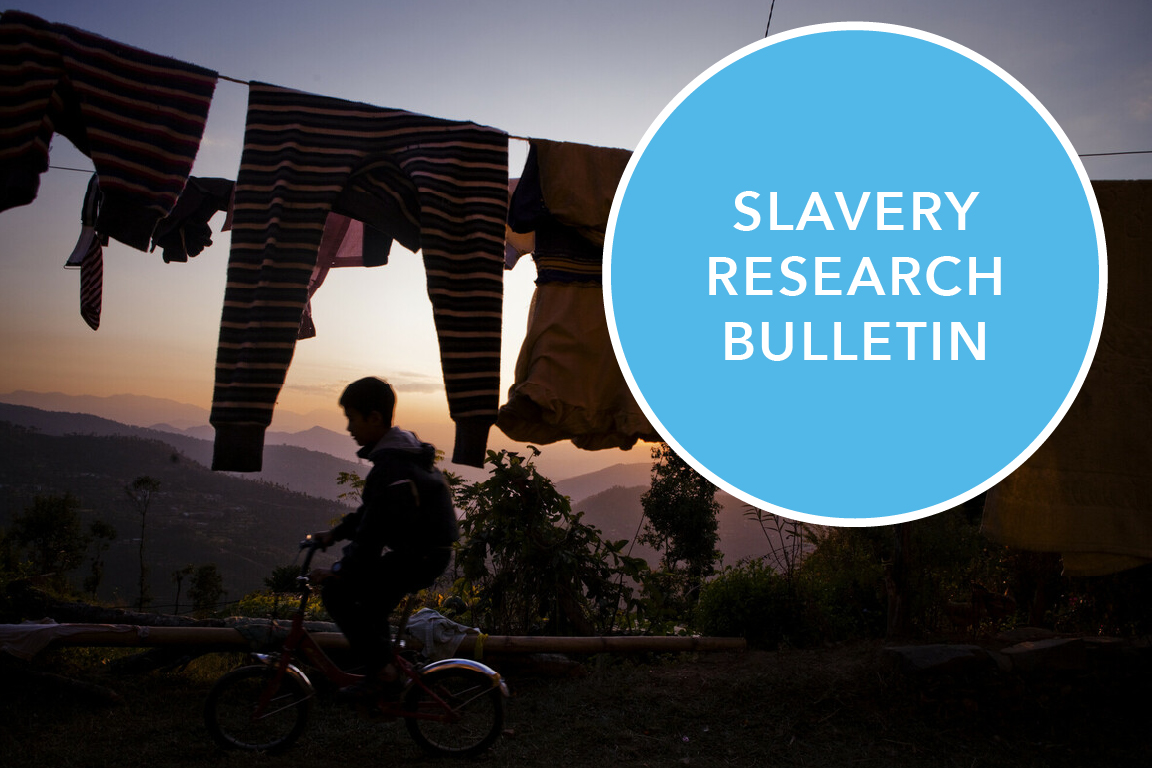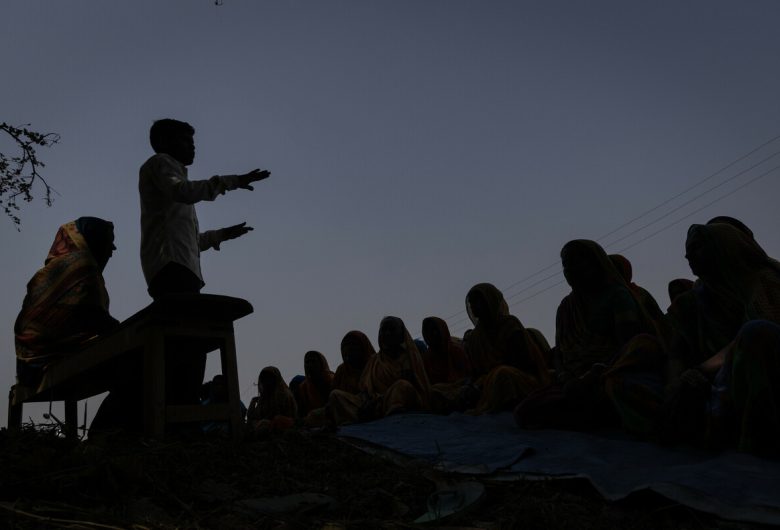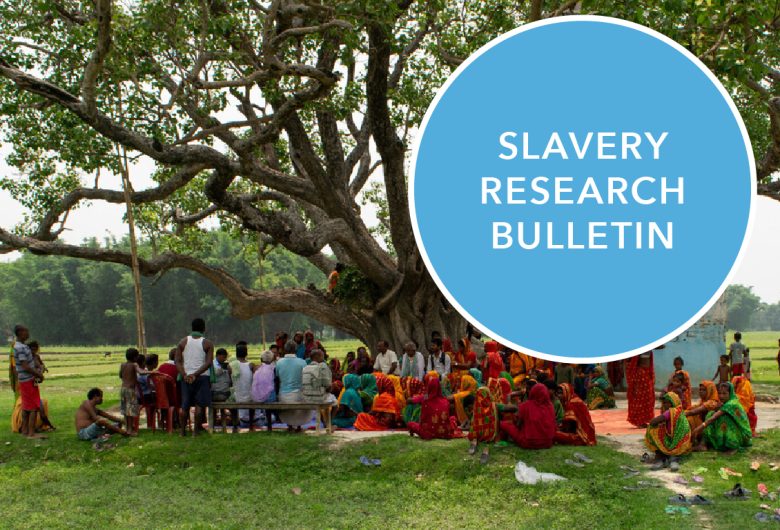Welcome to the Freedom Fund’s monthly bulletin designed to bring you new and compelling research from the global anti-slavery movement.
Effects of import bans under the US Tariff Act on forced labour
The Remedy Project analyses corporate responses to forced labour import bans imposed by the US Customs and Border Protection under the US Tariff Act of 1930. Based on nine cases from seven jurisdictions and interviews with 53 workers and 30 experts, the analysis reveals that import bans have had a wide-reaching impact. For example, in response to actual and threatened import bans, Malaysian rubber glove and palm oil industries have committed to repay over USD 115 million in recruitment fees to nearly 82,000 migrant workers.
Evaluating a child marriage prevention program across four countries
Population Council evaluates the effectiveness of More Than Brides Alliance’s program to tackle child marriage in India, Malawi, Mali, and Niger. Using a randomised control trial involving more than 5,000 girls across the four countries, the study found that the intervention successfully halved child marriage among girls aged 12-19 in its India program areas, however no statistically significant results were observed in the other three countries. The program design relied heavily on evidence from South Asia and was likely optimised for India. However the differing context in the African countries may have weakened its effectiveness.
Extortion of migrants along the eastern route from Ethiopia to Saudi Arabia
Research by Ravenstone Consult and the Mixed Migration Centre examines the experiences of Ethiopian migrants travelling irregularly via the ‘Eastern route’ to Saudi Arabia for labour employment. Data collected from 104 returnees, families of migrants and key informants highlights the high levels of exploitation and brutality experienced by migrants using this route, with extortion being the primary business model for smugglers. The team estimates that the Eastern route generates roughly USD 130 million in extortion revenue per year for criminal gangs, extracted from some of the poorest communities in the world.
Exploitation and agency of child domestic workers
A paper from the University of Liverpool challenges the simplistic view that child domestic workers (CDWs) in third-party households are helpless victims. Through interviews with 49 CDWs and 53 adults in South-West Nigeria, their accounts reveal that CDWs and their parents are cognisant of the maltreatment and are consciously weighing up the cost-benefit of domestic work relative to limited alternatives. For older children, decisions to continue in domestic work are often linked to their personal dignity and ambition. Hence, blanket ‘rescue’ policies could potentially be harmful without addressing the underlying economic deprivation faced by CDWs and their families.
Living wage for garment workers remains a distant prospect
Baptist World Aid reflects on the progress, and lack thereof, on ethical supply chain practices of Australian fashion companies over the past decade. Drawing on annual benchmarking data from its Ethical Fashion Report, notable progress has been observed in enacting foundational company policies to protect workers, but implementation remains weak. Based on the current pace of change, it will take 75 years for all companies to ensure that at least one of their factories is paying a living wage.
Read on
Porticus shares key lessons for funders to support movements and lived-experience leadership, in order to effect systemic change and protect the right of migrants and refugees.
The International Labour Organization releases guidance on wage protection for migrant workers, including measures to tackle delayed and non-payment of wages that could lead to debt bondage and forced labour.
A team led by Emory University assesses the impact of CARE’s Tipping Point Program in Nepal to address child, early, and forced marriage among girls.
Freedom Fund news
Meet these remarkable survivor-led organisations from Brazil, Bolivia, Peru, Indonesia, Thailand, and Malaysia, our latest grantees under the Survivor Leadership Fund!
Visit our Newsroom for more updates.
Research library
Visit our Slavery Research Library to access anti-slavery resources from across the globe.
Contact
The Slavery Research Bulletin is produced monthly by the Freedom Fund, a global fund with the sole aim of helping end modern slavery.
Research being featured in this bulletin does not equal endorsement by the Freedom Fund.
Click here to sign up to the Slavery Research Bulletin mailing list.



